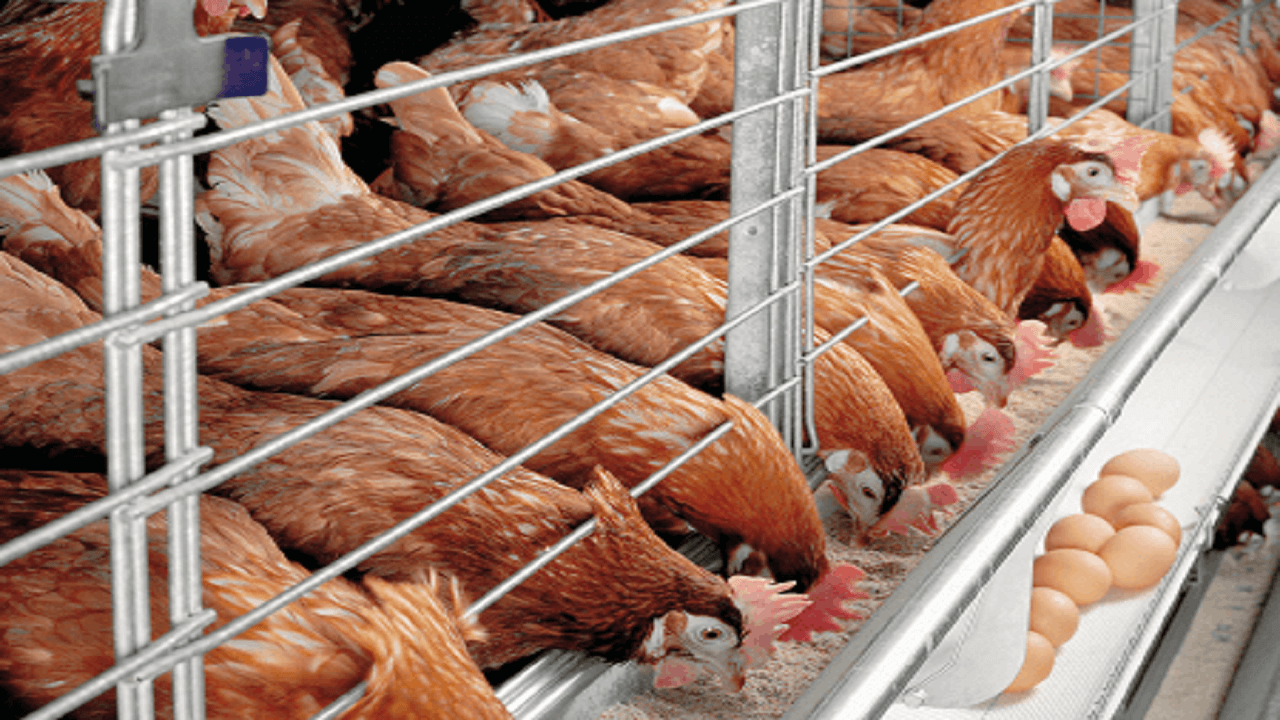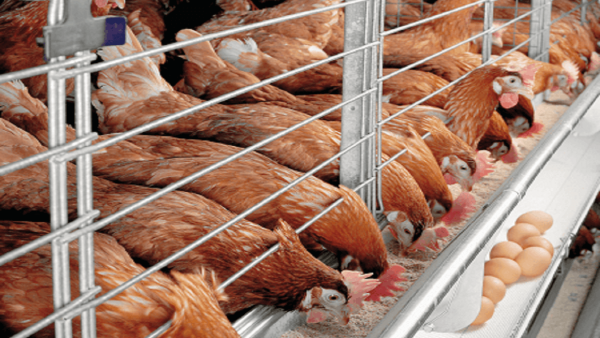It’s easy to see why the animal feed business should be lucrative. Livestock needs nutritious food to survive, just like humans. And because it’s essential to their thriving and the quality of the product that’s derived from them, there’s always a market for properly prepared feed.
In fact, it’s reported that the industry which meets the food needs of Nigeria’s farm animals is worth $12 billion. That’s according to the International Milling and Grain Directory, a UK-based agency which reports on trends in the global food and feed milling industry.
The figure covers the output of the large scale mainline feed mills, as well as the smaller, semi-formal and informal sectors of the industry. The demand for meat keeps growing in developing countries like Nigeria, so it’s expected that this value will continue to climb.
The four main classes of farm animals in the country are poultry, cattle, sheep, and goat. These farm animals require different feed types, varying with their nutritional needs and their ability to take in and digest food. Available figures suggest that there are as many as 10 million birds, 22 million cattle, 40 million sheep and 50 million goats currently being reared in the country.
Nigeria has been able to significantly raise its feed production levels. In 2016, the Alltech Global Feed Survey revealed that the country had increased its feed output to 5.3 million metric tons in the previous year, up from 3.8 million metric tons in 2014. That leap took it from 51st place in the ranking of feed producing countries to 40th on that list.
That survey also presented Nigeria (as well as the wider African region) as having the greatest opportunity for investors wanting to get involved in the animal feed business. The prospects for the industry seem bright, as human population growth and a greater propensity to consume meat and dairy products ultimately lead to demand for more livestock feed from farmers.
Existing demand isn’t being met by supply, and quality feed isn’t always easy to come by. There’s a vast space of untapped potential in this industry waiting to be exploited. But not all of this is down to the sheer speed of growth in meat and dairy consumption. Feed inputs such as maize and soybeans are in short supply; and when they’re available, they tend to be rather expensive.
If Nigeria is able to close the feed supply gap on the domestic front, its farmers could explore the even bigger space for growth in exporting these products. The world continues to crave more animal protein. Our farmers could help satisfy this hunger by selling animal-nourishing feed on global markets.
References
International Milling and Grain Directory
Alltech
Featured image source: Agricdemy


